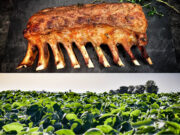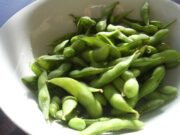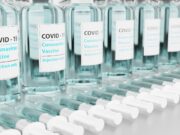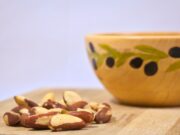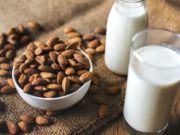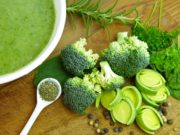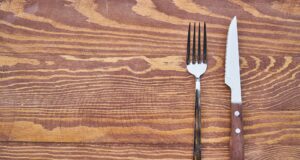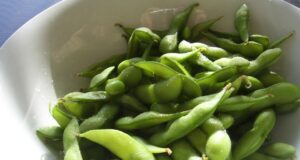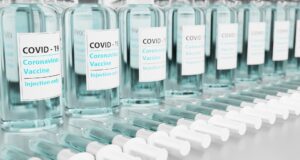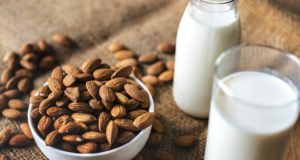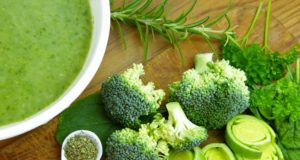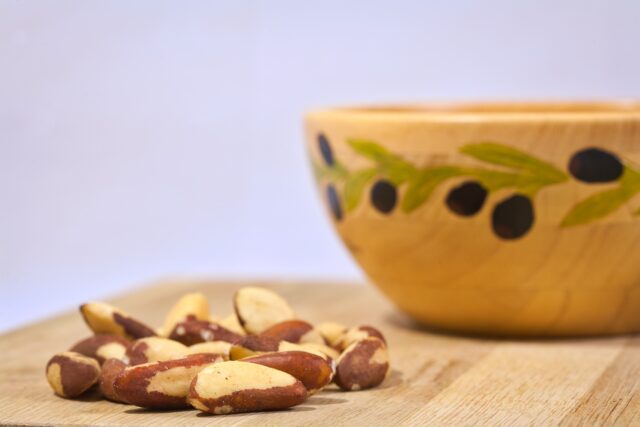I take selenium in pill form and recently am cutting back considerably as I naturally ingest from food sources such as Brazil nuts, mushrooms and organic eggs! What worries me is the fourth point indented just below!!!
-
- Selenium trace element and component of more than two dozen proteins. It influences viral pathways, helping to reduce severe symptoms of viral infections such as SARS, coxsackievirus, Ebola and HIV-1
- Data demonstrate positive relationship between the survival rate for people with active COVID-19 infections and selenium levels
- Also important nutrient for heart health and fertility. May help reduce oxidative damage that leads to cancer, and may help reduce potential risk for osteoporosis
- Overexposure to selenium especially from supplements, can increase the risk of All-Cause Mortality.
- Difficult to overexpose from Foods, but not the case with supplements!
The human body is complex organism using multiple essential vitamins, minerals and elements to maintain optimal health. Integrating appropriate levels of each creates environment where the body can best care for itself. Selenium is one of those elements.
Selenium mineral is important to health, including inhibiting RNA virus replication and mutations. Insufficiency may be an important factor in the development of severe acute respiratory syndrome from a COVID-19 infection.
The amount of selenium found in food sources will depend on the selenium found in the soil.
The fuel you provide your body plays an important role in your health and wellness, including infectious disease progression.
Most selenium from food, yet in a natural environment, the trace element is distributed unevenly. A paper published in Environmental Research cited a World Health Organization report that found over 40 countries where the soil is deficient in selenium. Some of the lowest levels are found in New Zealand, Slovakia, Finland and sub-Saharan Africa. The Environmental Research authors note that HIV-1 and even Ebola infections are much higher in areas of Africa where the soil is deficient in selenium, In turn increases your susceptibility to viral infections. Animal studies also demonstrate that the survival rate is higher when selenium present.
Although it is difficult to get too much selenium from foods, the same is NOT true for supplements. Selenium toxicity is a health risk that’s linked to ingesting too much selenium that can trigger nausea and vomiting, abdominal pain, irritability, fast heart rate and lung lesions. Chronic exposure can also lead to baldness, excessive tooth decay, lack of mental alertness, fatigue and weakness. As a general rule, eating a variety of whole, unprocessed foods can help to NATURALLY optimize your selenium levels, as well as other important nutrients.
Excellent selenium food sources are: Brazil nuts, free range organic chicken and turkey, sunflower seeds, free range organic eggs, mushrooms and sardines. Sneaky Selenium Mineral, Fights Covid, or Foe?




